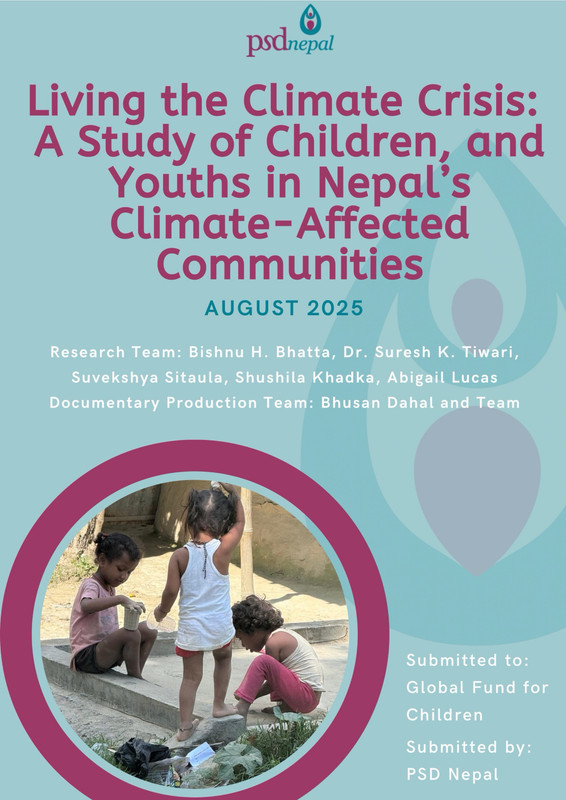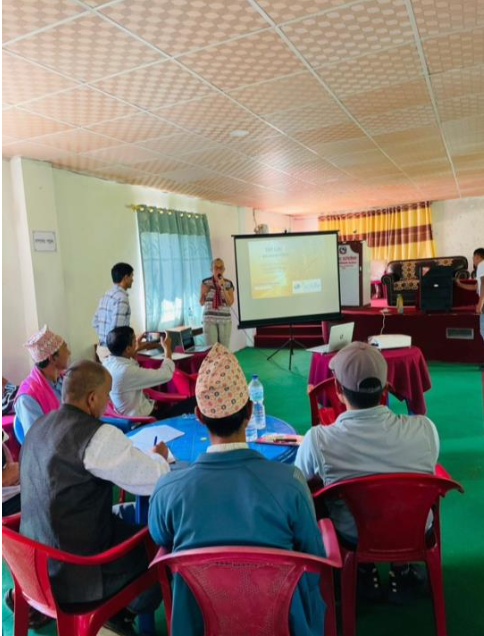Partnership for Sustainable Development
PSD Nepal is a non-profit, non-governmental organization founded in 2002 that empowers vulnerable communities across Nepal through education, health, environment, and women’s empowerment projects. We work hand in hand with local partners and international volunteers to create lasting, community-driven solutions that promote equality, sustainability, and resilience.
Our Impact
Over the past two decades, PSD Nepal has worked hand in hand with communities across the country to create lasting change in education, health, and sustainable development.
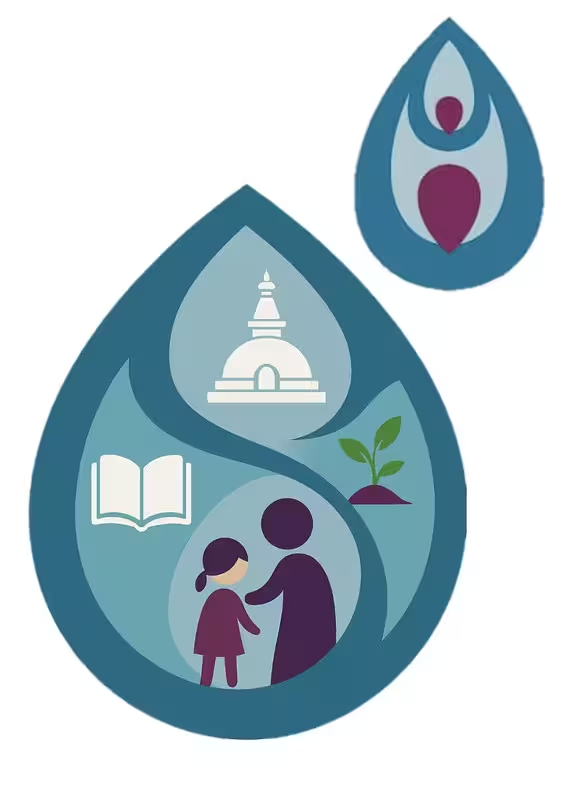
Key Achievements:
-
113 Early Childhood Development (ECD) Centers established
-
143 drinking water facilities and 114 toilets built in ECD centers
-
Educational support and teacher training provided in 40 ECD centers
-
2,200+ volunteers from Nepal and abroad engaged in fieldwork
-
30,000+ villagers reached through community-driven projects
-
87 schools and 150 homes built for families affected by earthquakes
-
Projects exceeding $1 million successfully implemented
-
Strong collaboration with local governments and the Social Welfare Council
Recent Events
Completion of "Living the Climate Crisis" Research Study, November 2025
Partnership for Sustainable Development (PSD) Nepal is proud to announce the completion of its research study, “Living the Climate Crisis: A Study of Children and Youth in Nepal’s Climate-Affected Communities.”
Supported by the Global Fund for Children (GFC), USA, this groundbreaking study explores how children, youth, and older adults in flood- and landslide-prone areas of Nepal experience, perceive, and respond to the escalating impacts of the climate crisis.
Conducted between June and July 2025 across four climate-affected communities in Kathmandu, Bara, Rautahat, and Sindhuli, the study combined surveys, focus group discussions, and interviews to capture the lived realities of those most vulnerable to environmental disasters. Findings reveal that while communities show remarkable local initiative, disaster management systems often remain reactive, fragmented, and insufficiently inclusive. Children expressed the highest levels of emotional distress and anxiety during and after flooding events, underscoring the urgent need for psychosocial support, inclusive early-warning systems, and school-based disaster preparedness programs.
The study calls for stronger community-centered climate resilience, transparency in relief distribution, and meaningful youth participation in local disaster planning. It emphasizes that Nepal’s challenge is not a lack of policy - but a gap in implementation, equity, and sustained institutional support.
In addition to the research, PSD Nepal has also produced a short documentary capturing the voices and lived experiences of participating communities. This film offers an intimate and powerful look at the daily realities of children and youth living on the frontlines of climate change. The documentary is now publicly available.
- Documentary Video: Voices of Children and Youth Amidst Climate Crisis
PSD Nepal expresses heartfelt gratitude to all participating communities, local authorities, facilitators, and researchers whose contributions made this study possible.
We are also delighted to share that Mr. Bishnu Hari Bhatta and Dr. Suresh Tiwari from PSD Nepal had been invited to present the findings of this research at the upcoming COP30 Conference in Brazil, where they recently presented the findings of this study, amplifying the voices of Nepali children and youth and advocating for more inclusive, equity-driven climate action on the global stage.
360Life Teacher Training in Baglung - Building Trauma-Informed Classrooms, October 2025
In October, PSD Nepal, in collaboration with the CRED Foundation (UK), conducted a two-day 360Life Teacher Training in Kathekhola Rural Municipality, Baglung, led by Dr. Helen Harrison.
The workshop gathered 35 dedicated teachers representing over 20 local schools, many of whom traveled long distances - up to three hours on rough mountain roads with altitude gains of more than 1,500 meters - to take part. Despite the challenges posed by landslides, Gen-Z protests, and public holidays that delayed some participants, the training went ahead in what must be one of the most scenic venues in rural Nepal.
The focus was on helping teachers develop a trauma- informed approach suited to the Nepali context. Participants explored how the brain processes learning and stress, how trauma impacts behavior, and how empathy and active listening can create safer, more nurturing classroom environments. Group discussions provided space for teachers to reflect on their own challenges - ranging from students facing mental health issues and parental absence due to overseas work, to the lingering effects of natural disasters and economic uncertainty. For many, it was the first opportunity to share experiences openly in a professional, supportive setting. Dr. Harrison adapted her training to Nepal’s diverse cultural and religious context, engaging both Hindu and Buddhist teachers in thoughtful conversations about compassion, resilience, and healing. The feedback was deeply positive, with participants expressing renewed motivation and confidence to care for their students’ emotional well-being. PSD Nepal and CRED are now exploring options for follow-up online sessions and a train-the-trainer program to extend the impact of this initiative to more schools and communities across Nepal.
Tree Plantation Project in Baglung, Sima - October 2025
In October 2025, PSD Nepal, with the generous support of the World Challenge Program, carried out a tree plantation activity in Sima, Baglung, as part of its long-term environmental and livelihood development program. The plantation took place on October 11 on a piece of community-owned land identified by local leaders for its fertile soil and accessibility. A total of 160 saplings – primarily walnut and lemon trees - were planted by six local community members, together with PSD interns Elisa Ibel and Lara Kraushaar, under the coordination of PSD Nepal’s Executive Director Mr. Bishnu H. Bhatta. Dr. Helen Harrison from the CRED Foundation (UK) also joined the plantation hands-on while in Nepal for teacher training. The selected tree species were chosen for their economic value, climate resilience, and low maintenance requirements, making them ideal for the challenging hill landscapes of western Nepal. While walnut trees promise high market returns, lemon trees are known for their adaptability to variable weather conditions and steady year-round yields. Together, they form a balanced agroforestry model that combines environmental restoration with income generation for local households.Originally, a group of twelve World Challenge students fromthe UK was scheduled to take part in the plantation. However, due to travel restrictions, PSD Nepal continued the project on their behalf - a gesture of trust and partnership that ensured the initiative’s timely success. Early observations indicated healthy soil quality and favorable growth conditions, and the local participants expressed strong commitment to maintaining the plantation and continuing to learn about agroforestry practices. The activity not only planted trees but also strengthened community ownership, encouraging families to see reforestation as both a livelihood opportunity and a way to safeguard their local environment for future generations. The Sima plantation builds on PSD Nepal’s broader agroforestry approach, which promotes reforestation, sustainable farming, and livelihood diversification across Nepal’s rural hill districts. Follow-up monitoring will assess sapling survival rates and identify areas for further training in maintenance, organic fertilization, and pest control to ensure the long-term success of the plantation.
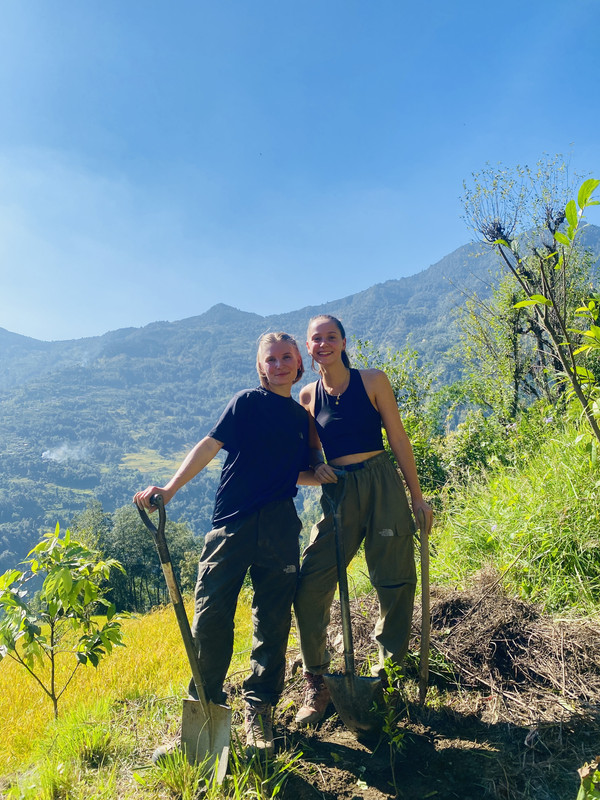
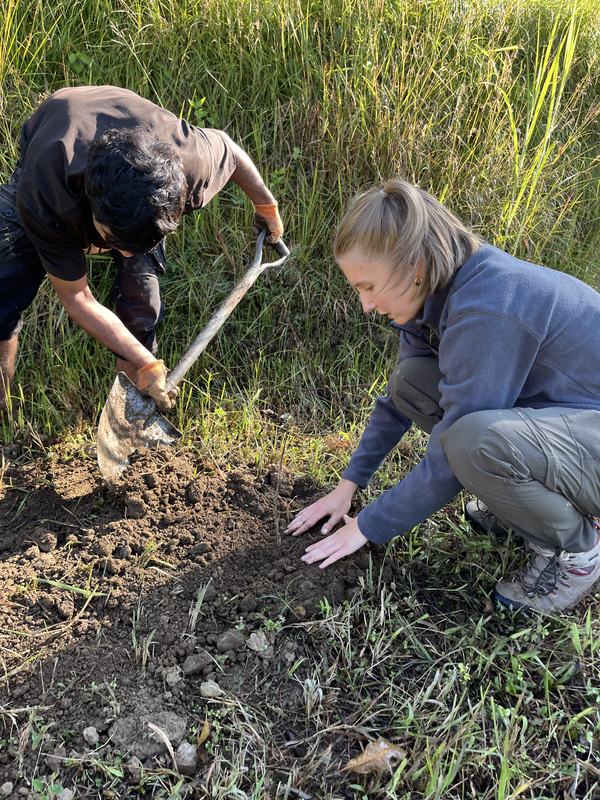
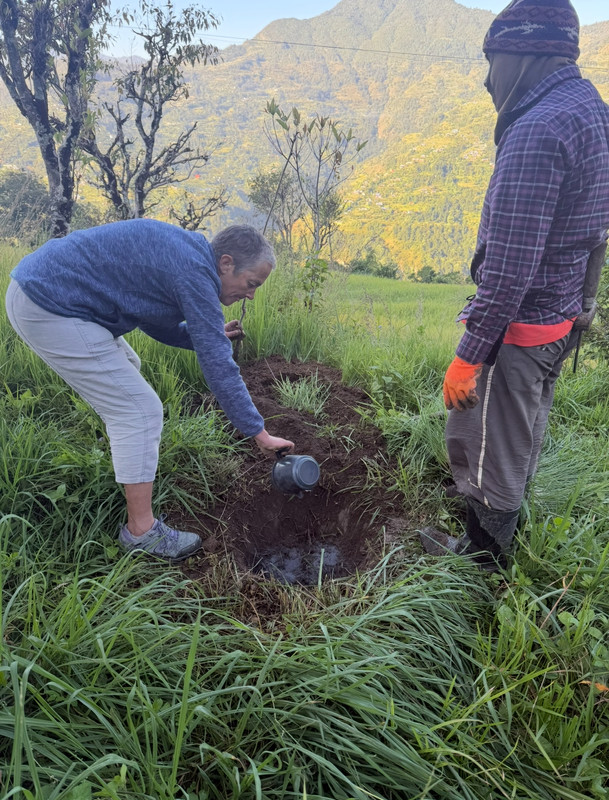
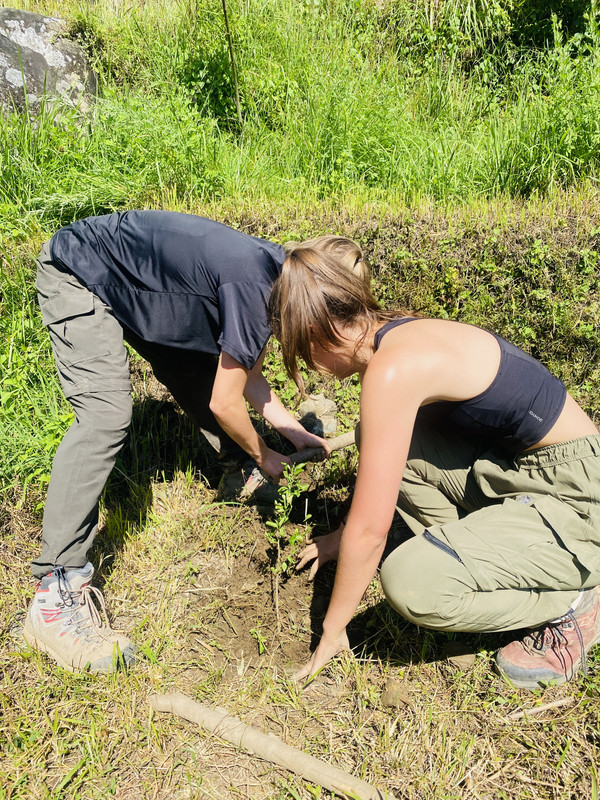
PSD Newsletter

The newsletter will keep you updated on PSD Nepal news and activities, successes and future plans. Any questions and/or comments regarding the newsletter or about PSD Nepal are more than welcome. Please forward this newsletter to all those who have worked with us. We also publish relevant articles, views and comments sent by our partners and supporters. If you have anything worth sharing, please email it to us.
Click here to download our latest newsletter and here to view our previous newsletters.
